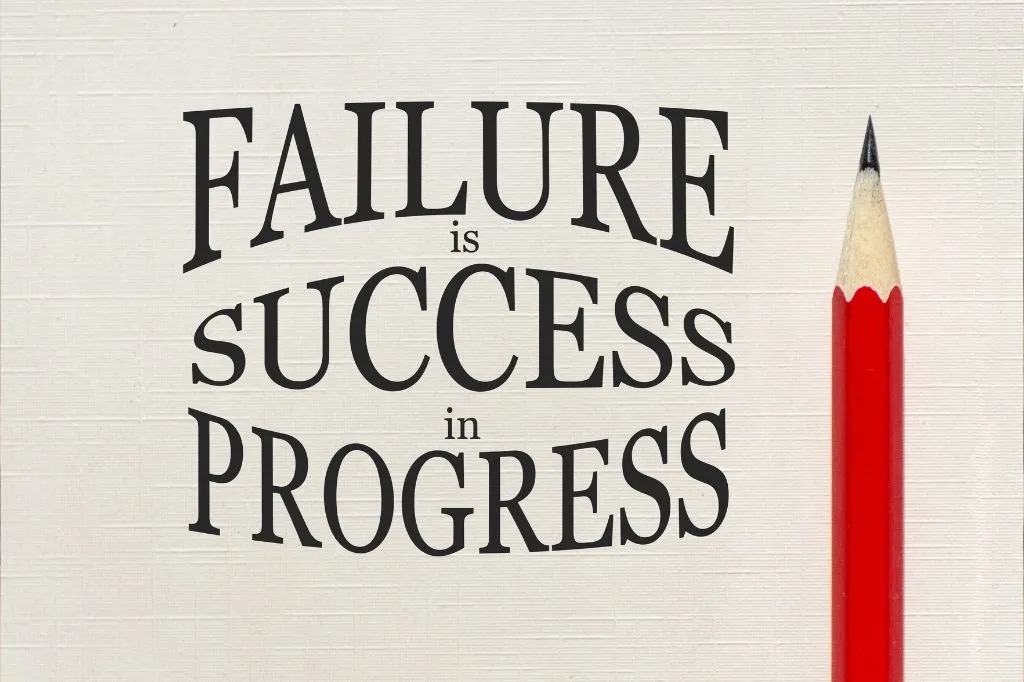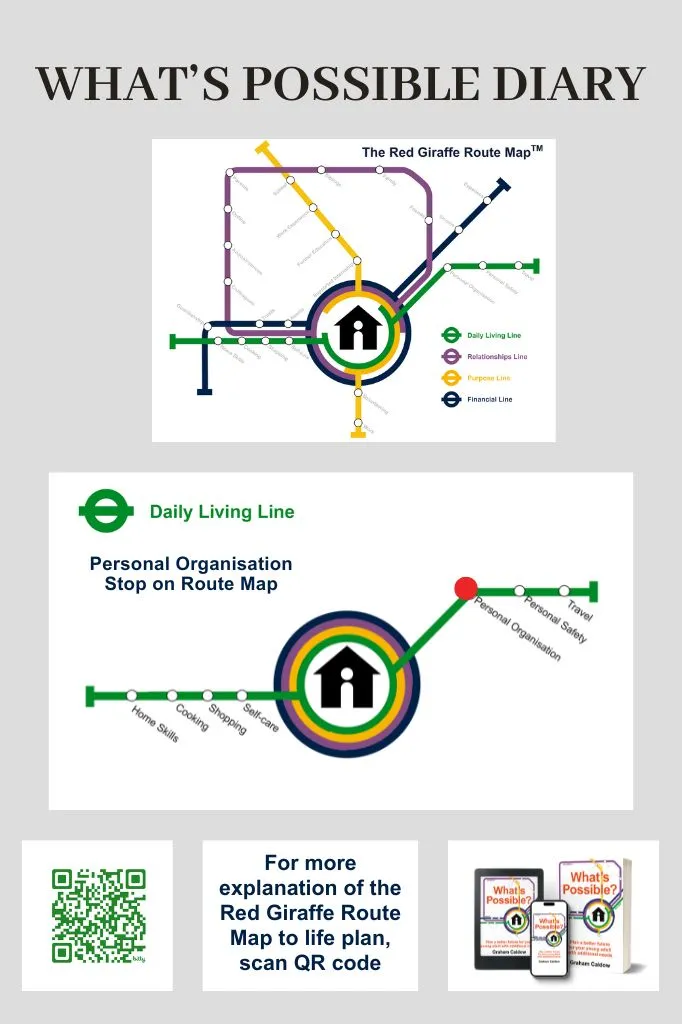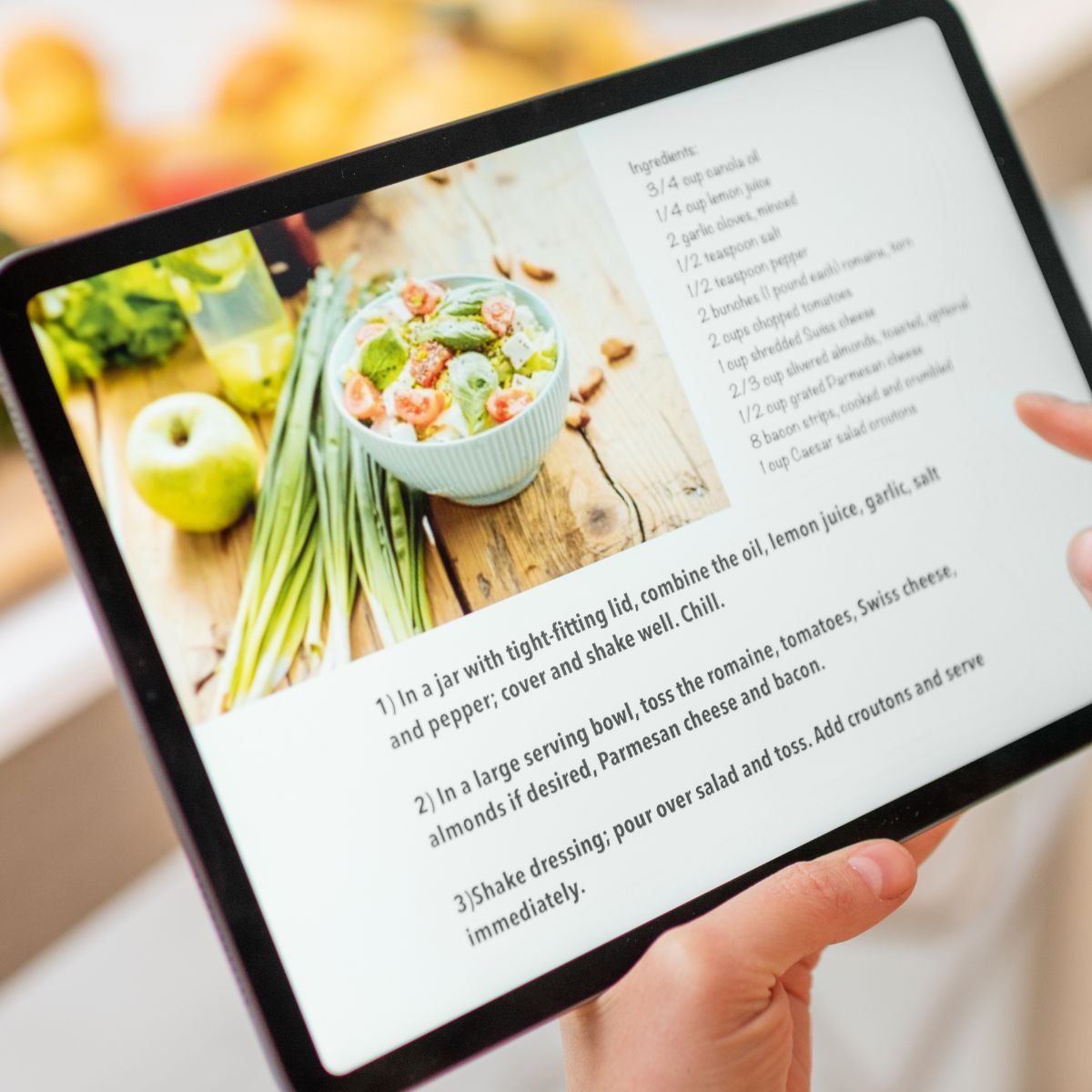Weekly Planning
It’s a little after four-thirty when we open the pub door. The pub is typically British, with wooden floors, beams supporting the ceiling, and a dark mahogany bar. To our left, tables have been moved and a band is setting up.
I order a pint. My wife asks for a New Zealand sauvignon. My daughter deliberates between a pink gin and lemonade or a coke. Her self-imposed limit is one, but even though it’s Sunday she opts for a coke.
We take our drinks. Our table has a slightly obstructed view of the jazz. But we’re not only here for the music.
We each take planning journals from our bags. One or two looks come our way as people wonder what we’re doing in unison. We’re planning our week. What’s more, we’re planning it in a way we enjoy as a mini social occasion at the end of the weekend.
My daughter starts with her weekly review. This is a section in her diary where she reflects on the week that has just passed, what she did well, what she could have done better, and what she needs to think about to make the coming week good.
I believe each of our children can do something well. Some have a penchant for tech. Others like order. My daughter can read and write.
She has moved on to noting the days she’s working this week, putting in a hairdressing appointment for Wednesday, and her lunchtime menu. Then a brief discussion follows between her and me about which days which one of us is cooking. We usually divide the week 60:40 in her favour.
A more general discussion about the week follows. My wife Debra lets us know of the days when she has podcast interviews scheduled; we decide to go to the gym at those times so we don’t take bandwidth from the WIFI.
What our weekly planning session does is hand over control of my daughter’s week to her. It won’t be Debra or I who says, “Shouldn’t you be doing this?” Or “What about your household management?” – the term we use for home skills like changing her bed linen, cleaning her bathroom, and washing her laundry.
They’re things she’s decided to do in advance and noted the days she’s going to do them in her planner. It’s her schedule that’s telling her to do these things, not us. If she groans about doing something, it’s something she’s decided in advance to do.
The larger point to this weekly planning, however, is to get her into the habit of planning her life in advance, as we all do to greater or lesser extents through our calendars. We are inducting her into adulthood. We are setting the example, and we want her to take personal organisation as something that needs to be done regularly if she wants to know what is happening in her life and when.
Our planning only takes twenty minutes. By the end, our daughter has had enough of our company. She’s a young woman after all, and parents at that age are old, out of touch, and a little more than a tad boring.
She got up to leave. “See you at home,” she said as she put her planner in her bag. She wanted time to herself.
We also put our planners away. We also want time to ourselves, and stay to enjoy the jazz.



